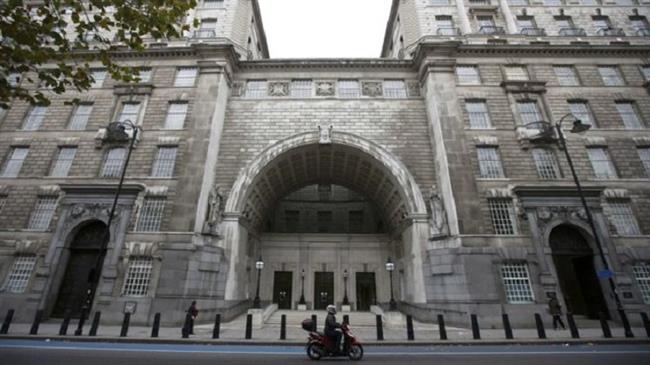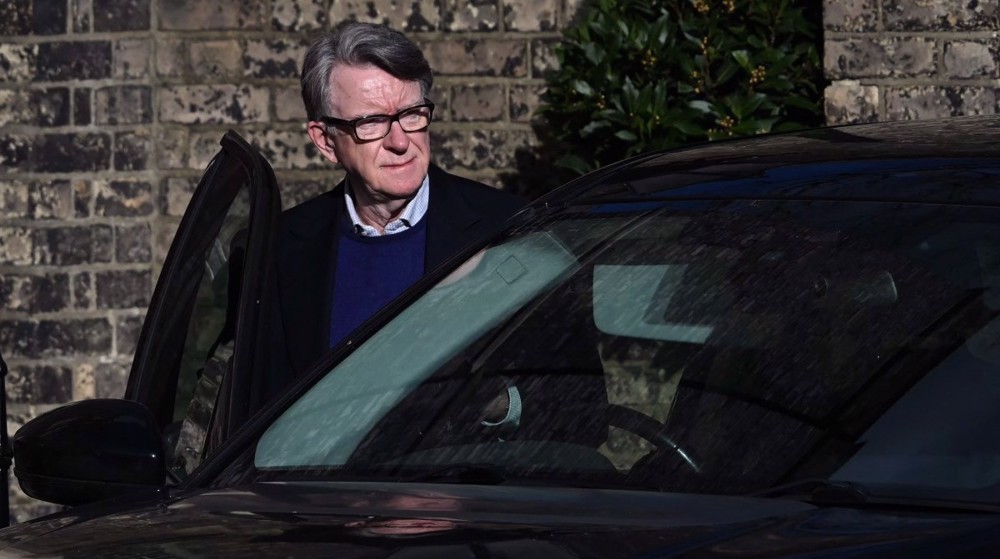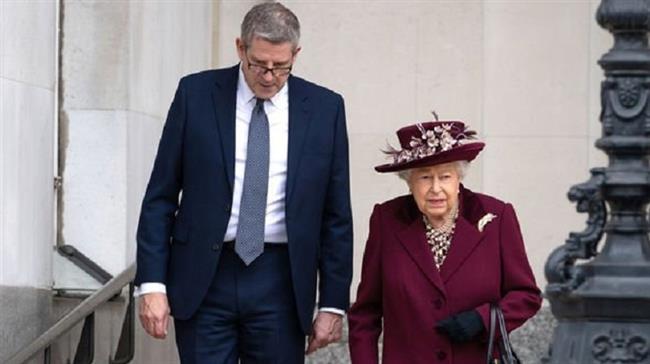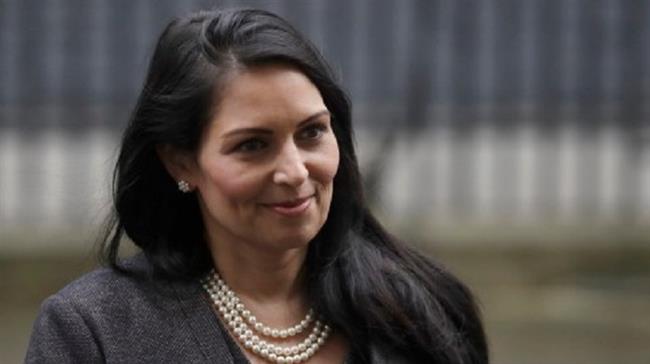New MI5 director general appointed at a time of acute crisis
The British Security Service (MI5) is set for a new director general as the country struggles to cope with the coronavirus pandemic.
Ken McCallum, who is of Scottish descent, is replacing Andrew Parker as the head of MI5 at the end of April.
The appointment of McCallum as the security service’s 18th director general coincides with a period of unprecedented disquiet and anxiety within MI5.
The crisis within MI5 prompted the Queen to undertake her first publicized visit to the organization last month in the hope of boosting the service’s sagging morale.
The attempted assassination of Russian double agent, Sergei Skripal, in Salisbury in March 2018 is widely regarded as one of MI5’s biggest failures in recent decades.
In addition, the security service’s inability to stop recent terror attacks in London has raised profound questions about the organization’s efficacy in the face of intensifying national security threats.
Distinctive profile
According to MI5’s official statement, McCallum – who is in his late 40s and thus the youngest director general to date – has almost 25 years experience across the “full spectrum” of national security and intelligence work.
These include experience in Northern Ireland (where MI5 colluded with Loyalist terrorists to murder Irish Republicans); countering so-called “Islamist extremist terrorism”; and cyber security.
There are two features of McCallum’s career profile which stand out and could be the key to how the service believes it can break out of its current crisis.
Starting in 2012 McCallum was seconded to the Department for Business, Innovation and Skills (now referred to as Business, Energy & Industrial Strategy) where he was able to gain vital private sector experience on digital issues.

Even after his return to MI5 (probably in 2014), McCallum was simultaneously appointed to the role of non-executive director on the board of the Nuclear Decomissioning Authority, thus gaining even more private sector experience and connections.
In addition to his relatively strong private sector links, McCallum’s profile is distinctive in so far as he has worked closely with both MI6 and GCHQ.
Starting in 2015, McCallum was appointed to the role of Director General Strategy (a new position in MI5), where he worked with the directors and senior officers of MI6 and GCHQ on a broad range of legislative, operational and strategic issues.
The right fix?
Faced with internal factionalism, collapsing morale and loss of public confidence, it would appear that MI5 bosses – and their allies in the Home Office – view McCallum as having the right set of skills and experience to navigate the service out of a deep crisis.
To that end, McCallum promises to be the most collegiate and media-friendly director general to date, relying more and more on public relations to rebuild both the service’s internal morale and its image amongst the general public.
Skillful PR notwithstanding, it is not yet clear if the new director general has both the leadership skills and personal authority to get to grips with the service’s operational and political challenges.
On political challenges, McCallum’s top priority will be to apply pressure on his political bosses to take a harder line against Russian influence on both British politics and finance.
Hitherto, the government has resisted releasing a parliamentary report into Russian influence in public life, reportedly for fear of exposing deep links between the ruling Tory party and Russian oligarchs.
If the government changes its mind on this issue it will be a sign that McCallum has begun to succeed where his predecessor abjectly failed.
As Iran, Russia conclude drill, ex-US Army officer warns of surprises
VIDEO | Press TV's news headlines
UN investigators: ‘Hallmarks of genocide’ found in Sudan’s El Fasher
UN rapporteur Albanese: Israel’s West Bank land grab 'will consolidate annexation'
Three Palestinians killed in Israeli raids on Gaza on first day of Ramadan
Hundreds of Dutch nationals served in Israeli military amid Gaza genocide
‘Playing with fire’: Russia sternly warns against any attack on Iran
VIDEO | Iran, Russia naval forces rescue hijacked ship in mock operation during naval drills
















 This makes it easy to access the Press TV website
This makes it easy to access the Press TV website